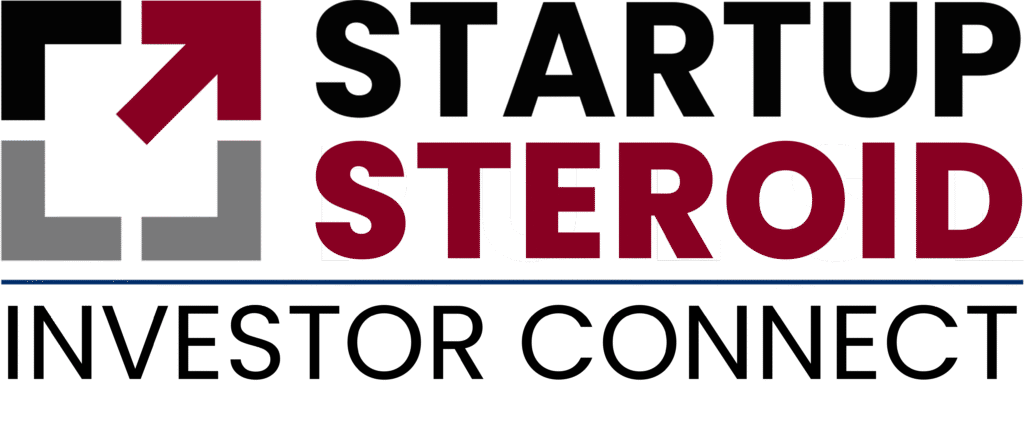When you’re seeking funding for your startup, numbers and pitch decks matter—but trust matters more. Early-stage angel investors are not only assessing your product. They’re investing in you. They need to know if you’re the kind of person they can trust to see this unpredictable business-building journey through. Establishing trust doesn’t occur instantly, but it can begin on a firm footing from the very beginning.
Here’s how to lay that foundation from day one.
Know Your Business Inside Out
Before meeting with any potential early-stage angel investors, make sure you’re crystal clear about every detail of your business. That means more than just knowing your financial projections or product roadmap. Be prepared to answer questions about your market, customer feedback, team structure, and future risks.
Founders who hesitate or overpromise can quickly lose credibility. On the other hand, demonstrating a clear understanding of your business, including its challenges, creates confidence.
Be Transparent, Especially About the Risks
Many founders believe they must present a picture of perfection to impress early-stage angel investors. That’s a mistake.
Investors know there are risks. What they want to see is your awareness of those risks—and your plan to manage them. Whether it’s a gap in your team or uncertainties in the market, being upfront about potential hurdles makes you appear thoughtful and realistic. Transparency is the first step toward building trust.
Communicate with Clarity and Consistency
Clear, consistent communication is essential. Whether it’s your first outreach email or a follow-up call after the pitch, keep things simple. Avoid jargon. Get to the point.
After your meeting, send a concise thank-you note that recaps the key points and outlines the next steps. Then stick to what you said. If you promised to share a customer testimonial next week, ensure it arrives in their inbox on time. Every follow-up is a small opportunity to build (or lose) trust.
Don’t Exaggerate Your Traction
It’s tempting to make your startup seem bigger than it is—maybe to round up revenue numbers or inflate user growth. However, early-stage angel investors are often experienced entrepreneurs themselves. They can usually tell when something sounds too good to be true.
Share your real numbers. If you’re still in the pre-revenue stage or piloting with users, be upfront about that, but describe the steps you’re taking to test your hypothesis. Investors are often more interested in how you’re thinking than in inflated stats.
Show That You Listen and Learn
During conversations with early-stage angel investors, you’ll likely receive feedback—some of it tough. Don’t get defensive. Instead, take note, ask follow-up questions, and thank them for their input.
Later, if you act on their recommendations, make sure to let them know. For instance, “Following our call, I re-examined our pricing model and piloted a new version with our early adopters.” This demonstrates humility—it demonstrates that you’re coachable and responsive.
Share Progress Before They Ask
One of the best ways to build trust with early-stage angel investors is to keep them informed, even before they’ve written a check. If someone has shown interest but hasn’t committed, send a brief update every few weeks.
Keep it short and valuable: a new partnership, a beta milestone, or a meaningful customer insight. These updates show momentum and reliability. They also make it easier for the investor to say yes when they’re ready.
Align on Values, Not Just Vision
Sometimes, founders get excited about working with a well-known investor, even if their values don’t fully match. However, the relationship between a founder and an early-stage angel investor is akin to a partnership. Trust only grows when there’s alignment, not just in goals, but in how you want to get there.
During your conversations, ask investors about their expectations, involvement style, and what they look for in founders. It’s okay to walk away from a deal if the fit isn’t right. Long-term trust requires mutual respect and shared values.
Be Yourself—Professional, But Real
Polish matters, but being authentic issues more. Investors want to know the real person they’ll be supporting. You don’t have to sound like a corporate machine. Speak, acknowledge what you don’t know yet, and share what motivates you to solve the problem you’re tackling.
A genuine, grounded founder stands out—and inspires trust.
Conclusion
Trust isn’t built through fancy presentations or big promises. It’s created through preparation, integrity, and follow-through. Early-stage angel investors want founders they can count on—not only at launch, but through each high and low that comes with building a business.
From your initial message to your most recent progress update, every interaction is a chance to show your reliability, professionalism, and dedication. That’s how deep, meaningful relationships are made.





